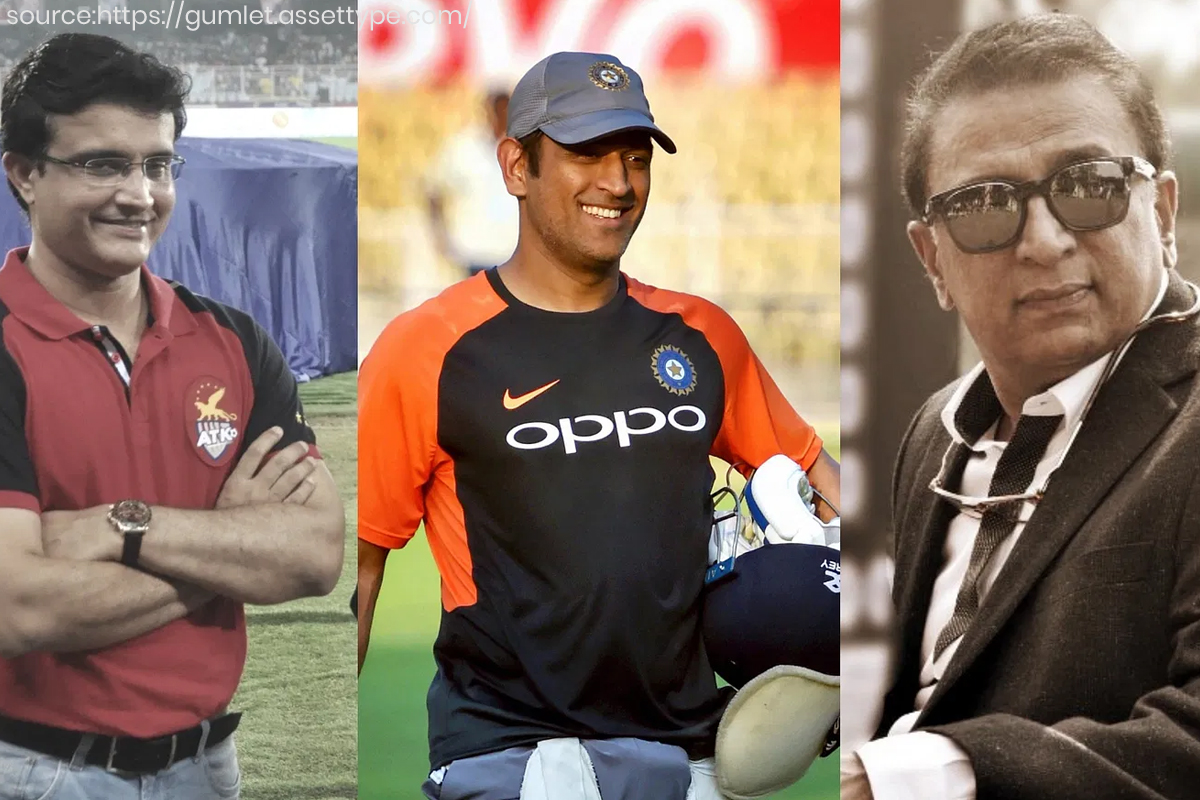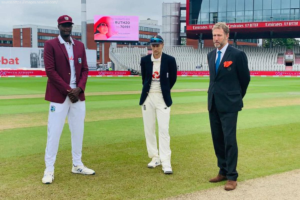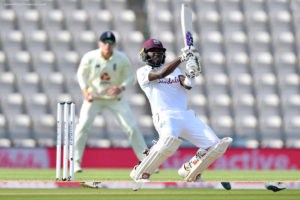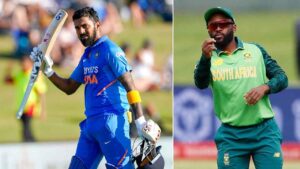This week we celebrated the birthdays of former Indian captains MS Dhoni, Sourav Ganguly and Sunil Gavaskar on July 7th, 8th and 10th respectively, in a sequence that is exactly opposite to the order in which their captaincy stints influenced the sport in a big way in the country. Today, India is a powerful cricketing nation on the field as well as from a commercial perspective. However, this is a position we reached after decades of cricketing evolution in the country, and we must recognize the role played by stalwarts of the past to make this happen. All three leaders being discussed here had long stints as captain and were influential figures for Team India. Let us look at our test cricket record over the years to dwell a little deeper into the matter. Here’s some data to ponder over.
| CAPTAINS | TESTS | WINS | LOSSES | DRAWS+ TIE | WIN % | (WIN+DRAW)% |
| BEFORE GAVASKAR | 141 | 21 | 57 | 63 | 14.9% | 59.6% |
| GAVASKAR | 47 | 9 | 8 | 30 | 19.1% | 83.0% |
| BETWEEN GAVASKAR & GANGULY | 145 | 31 | 47 | 67 | 21.4% | 67.6% |
| GANGULY | 49 | 21 | 13 | 15 | 42.9% | 73.5% |
| BETWEEN GANGULY & DHONI | 43 | 13 | 12 | 18 | 30.2% | 72.1% |
| DHONI | 60 | 27 | 18 | 15 | 45.0% | 70.0% |
| AFTER DHONI | 57 | 35 | 12 | 10 | 61.4% | 78.9% |
| TOTAL | 542 | 157 | 167 | 218 | 29.0% | 69.2% |
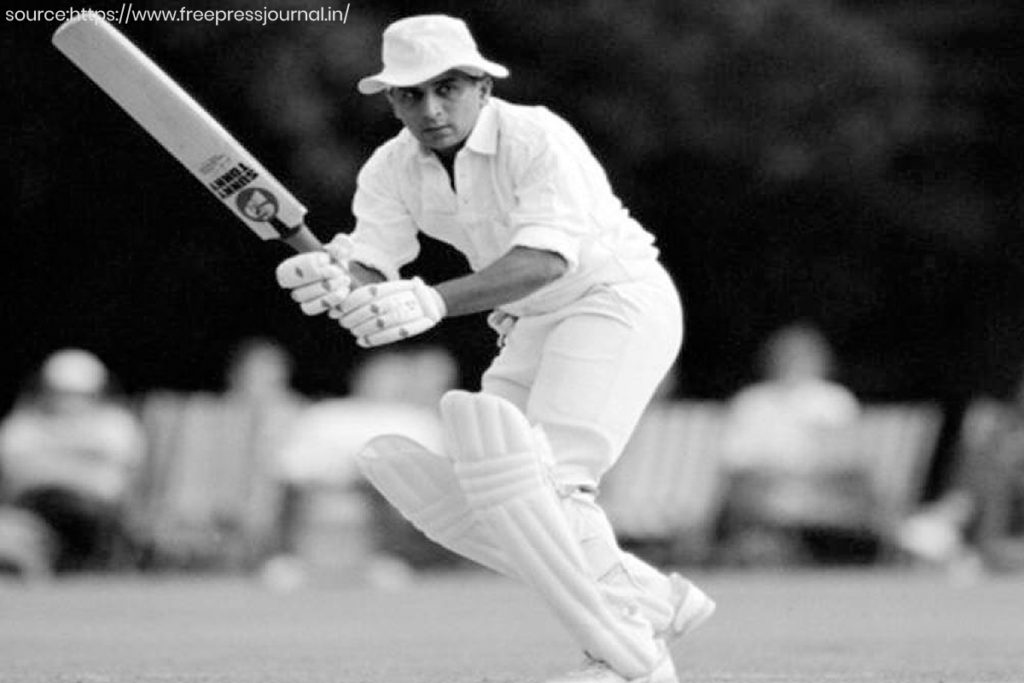
From 1932 to 2020, India had played 542 test matches. The table reveals that Indian team had more wins than losses under these three heroes, and that it has not always been the case over the past 88 years. In fact, of the 33 players to have captained Team India in test matches, only seven had more wins than losses – Gavaskar, Ganguly, Dravid and Dhoni along with three stand-in skippers Shastri, Sehwag and Rahane. Also, four captains had the same number of wins and losses- Azhar, Wadekar, Contractor and Umrigar.
Moving on to the first of the three names in focus here, Gavaskar had burst onto the scene in 1971 when we enjoyed a great run with Wadekar at the helm of affairs. Soon, Sunny became the batsman whom the Indian fans started looking up to. As data indicates, wins were few and far in between those days. As an opener, Gavaskar played many legendary innings against some of the best bowling ever seen in cricket, inspiring us to famous wins like the one at Port-of-Spain in 1976 and fighting draws like the one at Oval in 1979. Those were days when we didn’t really have the bowling firepower that we have now. Kapil Dev was emerging as a force and he didn’t have much support at the other end, with the famous spin quartet getting closer to the end of their careers than the beginning. Winning test matches was tough and Sunny hated losing, being a fierce competitor. To some extent, this explains his defensive approach to batting for a significant part of his career. As a captain, he had a disproportionately high share of drawn matches against his name, something that could be attributed to his refusal to cede ground to competition, even when you are short of ammunition. He could attack gloriously and defend courageously, and was the leading run-getter of his period, overhauling Sir Don Bradman’s record of 29 Test Centuries. As a captain, he played a major role in making us a competitive outfit.
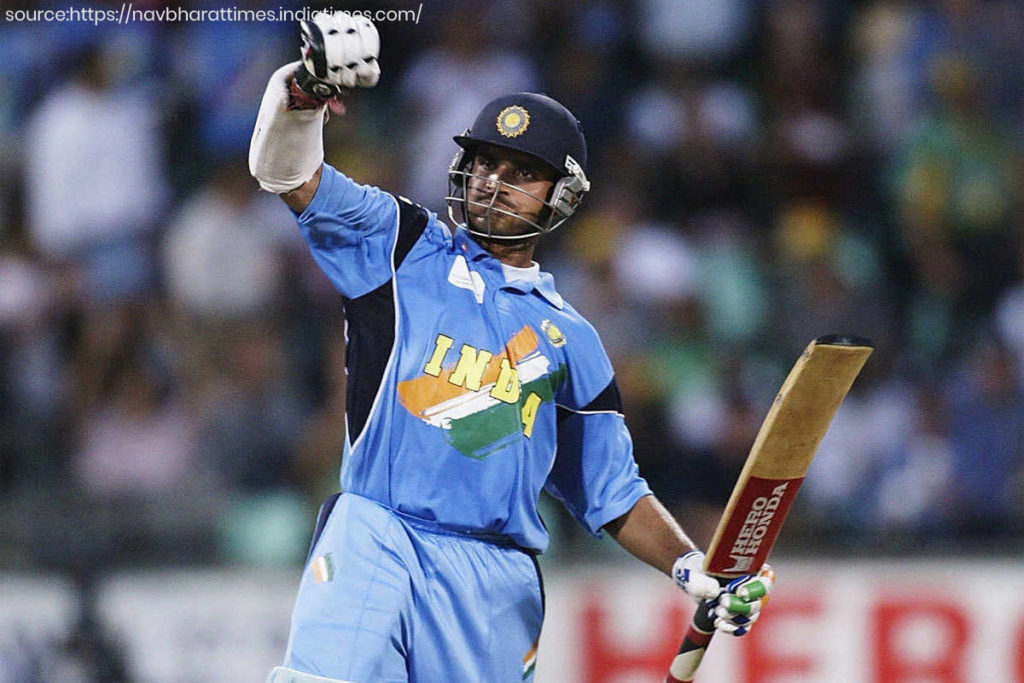
Sourav Ganguly took over the captaincy reins at a tough juncture in the Indian team’s journey. The betting scandal had hit us badly and though we had incredibly talented players, we needed to get the right levels of synergy as a team. Sourav groomed new players and gave them the opportunity to play alongside all-time greats like Sachin, Kumble and Dravid. He infused a certain level of aggression in the team and we enjoyed fine test victories in Australia and England, giving tight competition to the hosts in the series. While the 90s saw us enjoying some great home wins, it was in the early 200Os that we gave the perception that we are not easy to beat on foreign soil too. We had an amazing batting line-up those days, along with high quality bowlers too. But, having great players in the team is one thing, and becoming a winning team is quite another. Sourav’s captaincy was an enabler in this regard; he always had a positive body language and his period as captain is seen as a crucial phase in the evolution of Team India.
In the 21st century, the limited over game gained in prominence across the cricketing world. With colored clothing, white ball games, day and night matches, attacking batting and exciting finishes in the shorter formats, cricket well and truly became a multi-format game. The World Cup win in 1983 was a shot in the arm for cricket in India, with Kapil’s men stunning the fancied Windies in an unforgettable final at Lord’s. After that famous win, it took us another 28 years to bring the ODI World Cup back to India with MS Dhoni playing that ‘cometh the hour, cometh the man’ knock in the finals at the Wankhade. This win came four years after MSD led a young team to a surprise win at the inaugural ICC T2O World Cup in 2007. He was a new captain then, much like Kapil was when he took over the captaincy six months before the World Cup in 1983. Dhoni went on to lead India to the Champions Trophy title in 2013, becoming the only captain in the world to win all three ICC Trophies. No doubt, he was an incredible captain in white-ball cricket, and even though his exploits as a Test captain didn’t reach the same unbelievable heights, his win-loss record in the longest format of the game is a very commendable 1.5:1. History of cricket has stories of how certain players made a significant difference to the team through superior captaincy and ability to outthink the opposition; Captain Cool’s name would be high up there in that list. Captaincy aside, he was an explosive batsman who evolved into a crafty finsher, someone whose presence at the crease gave hopes to Indian fans even in challenging circumstances. Dhoni’s captaincy legacy is a tough act to follow and current stars like Virat Kohli and Rohit Sharma are beneficiaries of MSD’s presence in the side in the early part of their respective careers
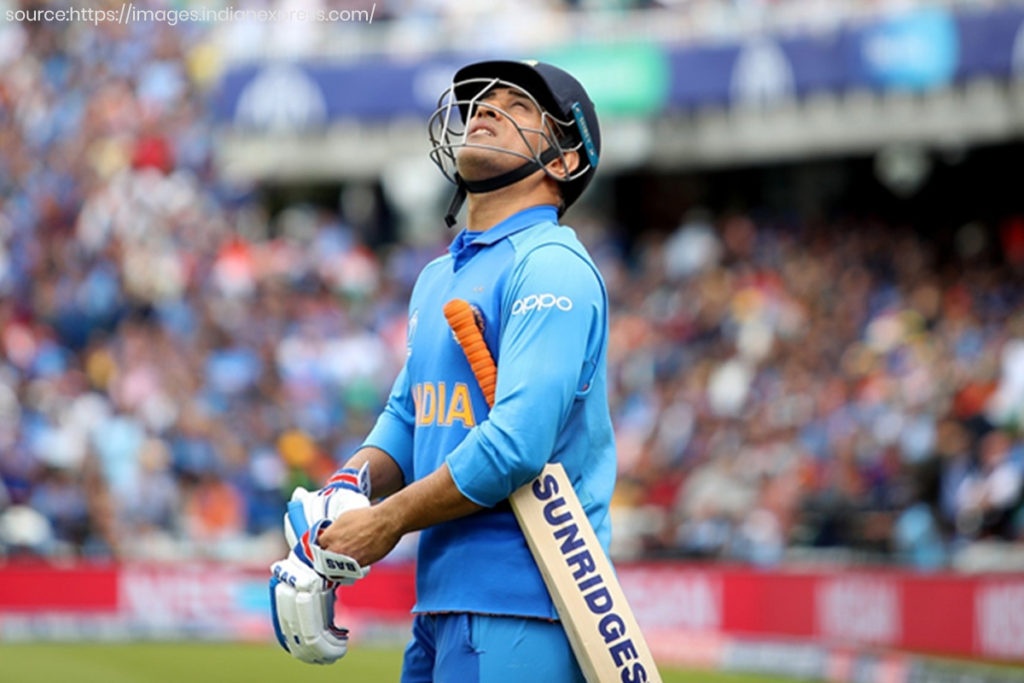
The current Indian Team led by Kohli has an enviable win-loss record across formats and we expect them to win whenever they take the field. Since 2013, we haven’t won an ICC Trophy in spite of putting in great performances in the league games, which fans view as a huge disappointment. Such is the expectation level from the team that when we enter a multi-nation tournament, nothing short of a title triumph will satisfy us. We are proud of Team India, current and past, and we should always cherish the journey of almost nine decades in international cricket that took us to where we are. Improvement is a continuous process and let us take out the time to celebrate the captains of the past for their resolve to hand over to their successors, a team that is stronger than the one they took over.

